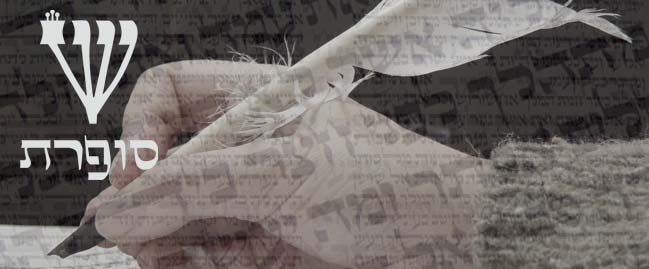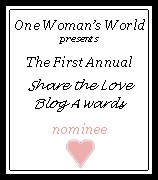YIR'AH
בס"ד
20 Tevet
As we move from Parshat Vayechi, the last portion in the book of B'reyshit/Genesis, & its lessons in giving others the benefit of the doubt, we move into Parshat Sh'mot, the first portion in the book of Sh'mot/Exodus & its call to expansiveness. One cannot move through the tight places if one is not willing to be directed out, just as one cannot be born into the wide world without the crushing journey through the birth canal. There must be giving & forgiving of ourselves & others to achieve unity between souls & G@d. Otherwise, the Israelites could not fully live up to our name, Ivri = Hebrew, From Avraham Avinu's grandfather Eveyr, the boundary-crosser.
The close connexion between these two parsiyot is deeply significant, as it points us towards taking steps in a process of t'shuvah, the repentance response.
As part of my own persoanl process of t'shuvah, I'm currently reading the classic "Love is Letting Go of Fear", by Gerald G. Jampolsky. It has got me thinking very carefully about what "fear" means, the subtle forms it can take, & how to recognize when it is providing a barrier rather than a boundary.
"...The fence for the Torah is Yirat Shamayim/Fear (Awe) of Heaven. However, just as there is no need for a fence around an empty field, so Yirah without Torah knowledge is worthless. In the Sages' words (Shabbat 31b), "It's a pity when one builds a door for an apartment, but has no apartment."
- Rabbi Chayim of Volozhin z"l, "Ru'ach Chayim" commentary on Pirkei Avot 1:1
"...Just remember, when you're in union, you don't have to fear that you'll be drained...."
- Jalaluddin Rumi, "You Are the Only Student You Have" Mathnawi V:3195-3219
"...You're here, there's nothing I fear..."
- Celine Dion, "My Heart Will Go On"
I apologize profusely for the Celine Dion reference. It's just that our culture places upon the Lover the expectations that can only be fulfilled by G@d. It's just too much for a mortal to bear. We must dedicate ourselves to trusting in the Divine & allow our nearest & dearest to be fully human.
& on that note, see this fine example of Canadian Torah on this week's Parshah & the learning behind suffering as a means to draw closer to The Holy One.
Shabbat Shleymut














2 Comments:
I agree with you about the Celine Dion reference. No human can be all things to another human, nor should they be. We don't talk about placing our Trust primarily in God for nothing.
בס"ד
True. & I believe it's one of the greatest challenges of consciouness we face in Western culture. There are certain crucial things we must leave for G@d alone & practice faith & patience.
But the non-secret is: it's all within us. We have all been given the tools to be conscious expressions of G@d's love in human form, but many of us are fumbling with the catch on the box or others are trying to figure out how to use them.
But the instruction manual is inside each of us. It's just that there are many distractions for those of us who are embodied. Pain & fear & ego & idolatry.
When Dr. Jampolsky asked Mother Theresa for the priviledge of accompanying her on a visit to Mexico, she replied, "I would have no objection about your joining me on the trip tp Mexico. But you said you wanted yo learn about inner peace. I think you would learn more about inner peace if you would find out how much it costs to fly to Mexico City & back, & give that money to the poor."
He did so. & the powerful lesson he learned from this was that he did not have to look outside of himself for guidance on what choices to make.
Everything is inside. We just need to re-learn how to access it.
Post a Comment
<< Home